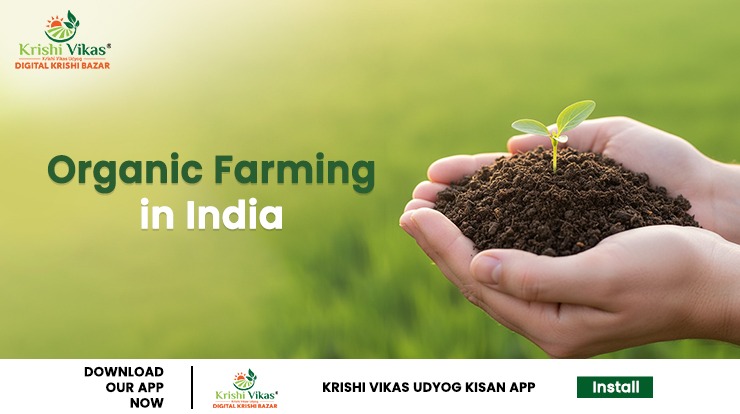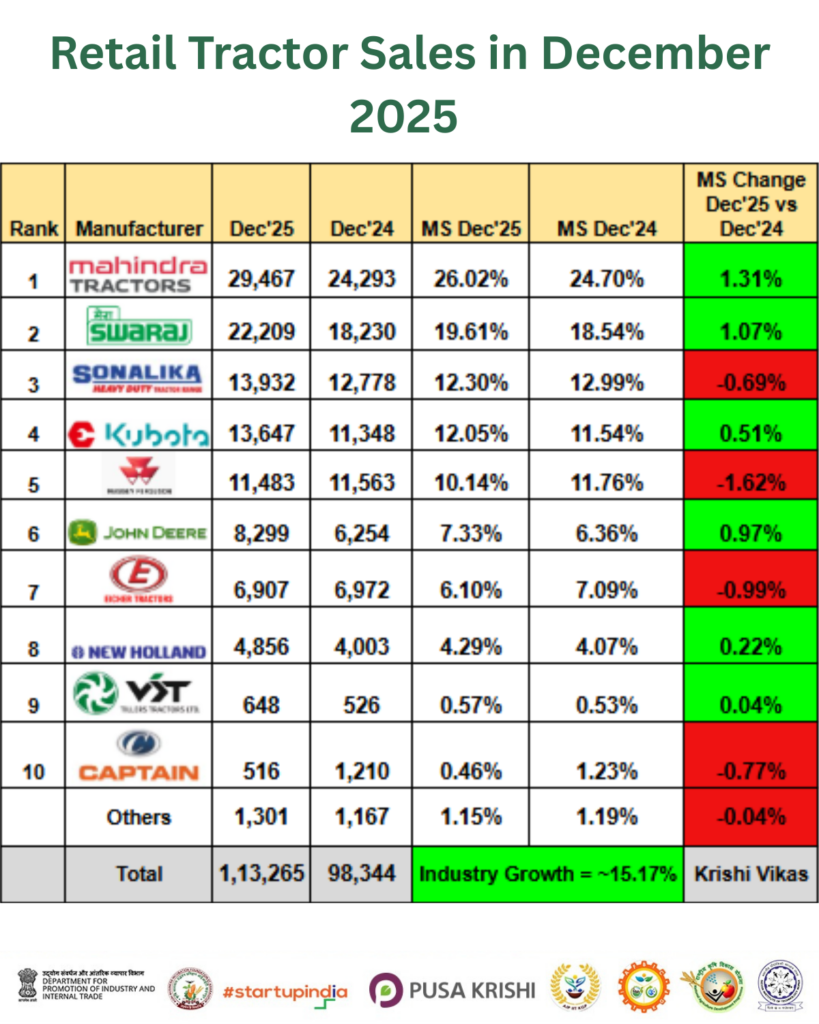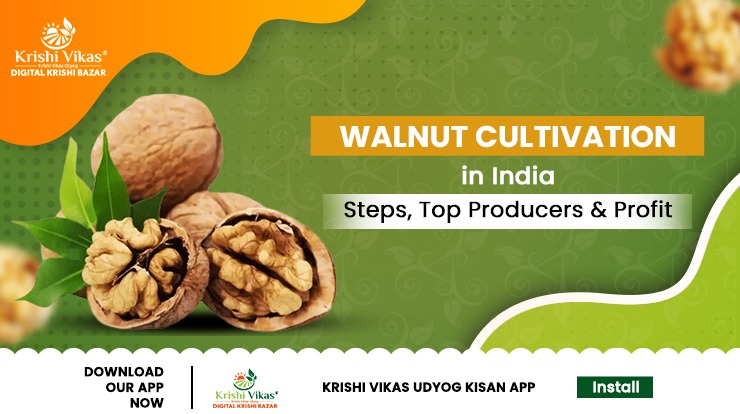
Organic farming creates buzz to keep nature clean and rich. Let’s gain a deeper understanding of organic farming, its various types, methods, and benefits.
Understanding Organic Farming
Organic farming is the process in which crops are grown without the use of any harmful pesticides or artificial chemicals. The focus of organic farming is on composting, crop rotation, and natural pest management, which helps maintain harmony between soil health and the ecosystem—making it increasingly popular. However, organic farming takes more time than conventional farming techniques. Nevertheless, it allows you to produce the healthiest food without harming nature.
Advantages and Disadvantages of Organic Farming
Organic farming is cultivating crops in an eco-friendly way, and with the help of natural techniques. Let’s discuss the advantages and disadvantages of organic farming.
Advantages
- Organic farming helps improve soil health
- Waterbodies could stay out of synthetic chemicals
- Biodiversity becomes livable for birds, insects, or animals
- Produces healthier and chemical-free food
- Encourages natural resource conservation and environmental preservation.
- The earnings of the farmers get a huge boost
Disadvantages
- Organic farming is a very time-consuming process
- It is one of the expensive farming techniques
- In organic farming, crop loss is very common because of insect and weather assaults
- Organic food products can deteriorate easily due to their short shelf life
Type of organic farming
Let’s have a look at the two main types of organic farming below:
Integrated organic farming
This farming strategy is associated with integrated pest management and integrated nutrient management. Farmers create a balanced ecosystem where plants and animals thrive together with integrated organic farming.
Pure organic farming
Synthetic chemicals are completely avoided in the pure organic farming process. Natural fertilizer is only used here. Natural techniques, such as plant-based extracts, are used to maintain soil fertility and control pests.
Methods of organic farming
In India, organic farming uses natural, sustainable techniques rooted in traditional practices, adapted to local agricultural needs. Below are the key methods.
1. Zero Budget Natural Farming (ZBNF)
2. Organic Manure and Compost
3. Biofertilizers and Microbial Inoculants
4. Crop Diversity and Polyculture
5. Organic Livestock Integration
6. Seed Saving and Heirloom Varieties
7. Natural Pest and Disease Control (Advanced Methods)
8. Conservation Agriculture
Conclusion
Organic farming stands as a sustainable alternative to conventional agriculture, promoting richer soil, healthier food, and a cleaner environment. Though it demands more time and effort, its long-term benefits—both ecological and economic—make it a rewarding choice for farmers and consumers alike. By embracing organic practices, India moves one step closer to a greener, healthier, and more self-reliant future in agriculture.










